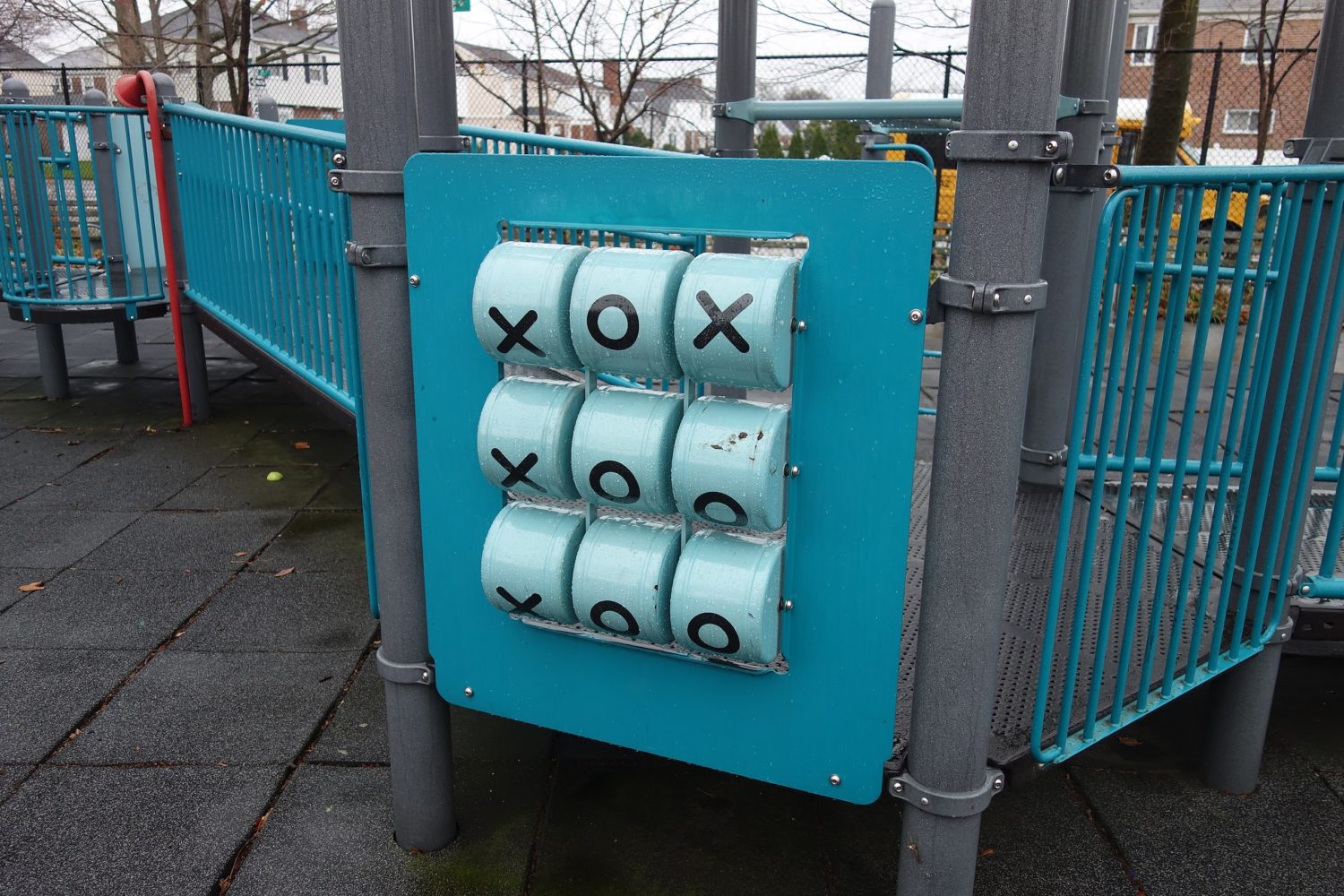Playing fair
We need inclusive spaces for disabled children. The government needs to do more, writes Hannah Dobbin
For families with disabled children, life is much harder than it needs to be. They often have to fight for the support their child is entitled to and, on average, families with disabled children face extra costs of £581 a month. Alongside this, they can face barriers to everyday equality. For parents, carers and siblings of disabled children, one of the most significant of these barriers is the lack of inclusive spaces and places.
Families with disabled children told us that inclusive spaces allow them to spend invaluable time together. They enable them to experience activities that families with non-disabled children can take for granted. It means they can feel part of their local community. Inclusive spaces also benefit all children, as they are accessible to all and encourage interactions and shared experiences.
As one parent of a disabled child put it: “An inclusive playground with a range of accessible equipment makes all the difference to our family. My daughter is a wheelchair user but that doesn’t stop her wanting to play in the same way non-disabled children do. The things that stop her are poorly designed playgrounds that forget disabled children and effectively shut us out as a family.”
Many disabled children cannot engage in, or benefit from, play like their non-disabled peers. This was heightened by the pandemic which placed even greater restrictions on opportunities for disabled children and their families to engage with their local communities. Services and support for disabled children, such as therapies, disappeared and outdoor play has become increasingly important.
Local playgrounds are places where memories are made and where children can be themselves. Yet, according to a Scope survey earlier this year, half of families with disabled children face accessibility problems with their local playground, leaving them and their families isolated and excluded from their local community. Less than a third of parents and carers that Scope surveyed said they feel part of the community while at their local playground.
Parents of disabled children have said that privately-owned accessible play spaces, such as soft play or adventure centres, can be difficult for families with disabled children to find and can be prohibitively expensive. And that does not include the additional financial costs such as having to pay for petrol or public transport to reach inclusive spaces because they aren’t available very close to home. It goes without saying that the current cost of living crisis makes it even more difficult for families to cover these sorts of costs.
We need more inclusive, accessible spaces and settings for disabled children as well as better, more accessible information about what services and support are available to families.
Scope is calling on the government to step up and make changes, starting with introducing dedicated inclusive playground funds. The funds would allow cash-strapped local authorities to allocate ringfenced money to create new, or refurbish existing, inclusive and accessible playgrounds. We also want government to publish guidance for local authorities on creating these spaces.
Inclusive and accessible spaces benefit all children. Enabling them to play supports their development and helps them build relationships with family and friends. Inclusive spaces can bring communities together by providing a safe place that everyone can enjoy. Government can play its part by investing and providing guidance on how to achieve this. This would be a catalyst for wider societal change.
Image credit: Tdorante10, CC BY-SA 4.0 via Wikimedia Commons

